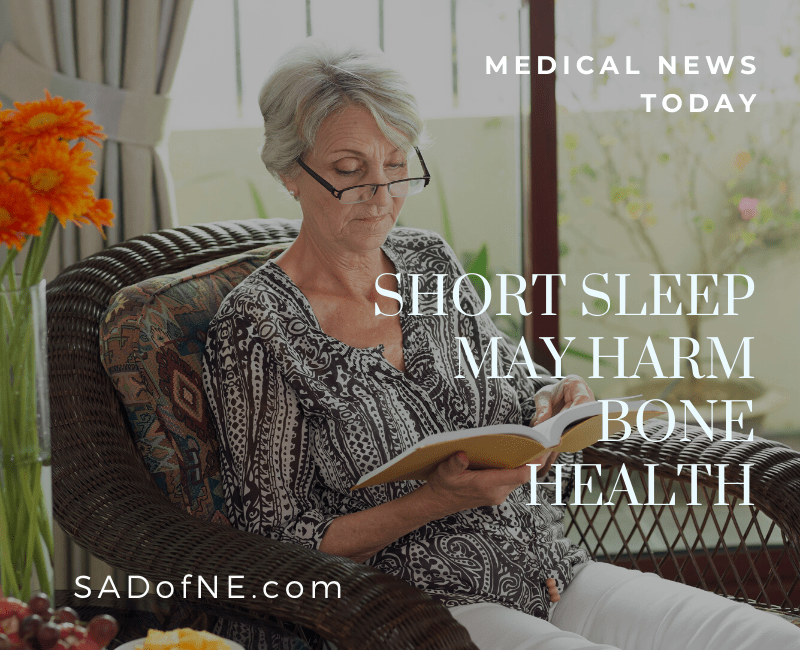Celebrate World Sleep Day on March 13 to Advance Sleep Health Worldwide

FOR IMMEDIATE RELEASE
World Sleep Society
+1.507.316.0084
[email protected]
http://worldsleepday.org/
CELEBRATE WORLD SLEEP DAY® ON MARCH 13 TO ADVANCE SLEEP HEALTH WORLDWIDE
ROCHESTER, MN – January 2, 2020—World Sleep Society is issuing a global call to action about the importance of healthy sleep. Friday, March 13, 2020 is the 13th annual World Sleep Day®. Created and hosted by World Sleep Society, World Sleep Day is an internationally recognized awareness event bringing researchers, health professionals and patients together to recognize sleep and its important impact on our health.
World Sleep Day 2020 will incorporate the slogan, ‘Better Sleep, Bette Life, Better Planet,’ highlighting sleep’s important place as a pillar of health, allowing for better decision making and cognitive understanding in even big issues, such as our planet. This focus is purposefully broad in meaning, surrounding the message that quality of life can be improved with healthy sleep. Conversely, when sleep fails, health declines, decreasing quality of life. Sound sleep is a treasured function. World Sleep Society has compiled ten tips for healthier sleep. These recommendations for children and adults can be viewed on worldsleepday.org under resources.
Dr. Liborio Parrino is Chair of the World Sleep Day Committee. Dr. Parrino expresses, “If we really want to contribute to the planet’s survival, a wise activity is to extend the period of our sleep time. That’s why this year’s World Sleep Day slogan connects good sleep to improved planet health.” Increased sleep periods mean less consumption of fuel, electricity, food and oxygen (breathing is attenuated during sleep). Better quality sleep also reduces the risk of labor-related and road accidents, promotes the secretion of melatonin and protects the natural circadian clock, which can prevent premature aging in humans. Dr. Parrino adds, “Extending our sleep period also improves our mental and body performances during the day and, last but not least, enhances our dreaming experience, as REM stages are mostly concentrated in the final portion of sleep, which is often curtailed by the urging rules of modern life.”
Phyllis C. Zee, MD, PhD, Professor of Neurology and Director of the Center for Circadian and Sleep Medicine at Northwestern University Feinberg School of Medicine goes on to suggest, “Actions we can take include prioritizing sleep with exercise and nutrition, maintaining regular sleep and wake timing, averaging 7-9 hours of sleep duration and if suffering from a chronic sleep disturbance, by discussing sleep with your doctor.” Over the past decade, there have been major advances in our understanding of neural mechanisms, linking the important relationship between sleep and cognitive health. Mounting evidence indicates that sleep is an active process in which recently-encoded memories are consolidated and transferred for long-term storage. Dr. Zee adds, “Sleep enhances the ability to remove waste products from the brain—which can harm brain function.”
Professor Fang Han, MD of The Sleep Center, Peking University People’s Hospital in Beijing, China states, “Sleep is important for one’s cognitive health. Sleep can restore your brain function in many aspects, such as learning, memory, and mood.” Sleep disorders may cause impairment of a person’s oxygen supply, disturb your immunological system, or damage your brain structure. Dr. Han states, “World Sleep Day is an opportunity to be aware, sleep regularly, sleep enough, and treat sleep disorders.”
CALL TO ACTION
To participate in World Sleep Day,
consider:
- Organizing an event to create excitement and generate
interest in World Sleep Day. - Circulating the official press release with sleep experts
and local media. - Distributing sleep patient literature such as booklets,
leaflets and newsletters. - Finding other ideas at worldsleepday.org.
- Spreading the word on social media about #WorldSleepDay.
More information can be
viewed on worldsleepday.org/get-involved/plan.
GLOBAL PARTNERSHIPS
The 13th Annual World Sleep Day has partnered with Arianna Huffington’s Thrive Global and AmLife. More sponsors will be included before March.
Arianna Huffington, founder and CEO of Thrive Global says, “Sleep is central to every aspect of our well-being—our physical health, our mental health, our productivity and our decision-making. Our world is facing huge crises on multiple fronts, and we need all the resilience, wisdom and sound decision-making we can muster. We can’t take care of our world if we don’t take care of ourselves—and that begins with sleep.”
Mr. Lew Mun Yee, the founder of AmLife states, “AmLife is fully devoted in the noble mission of World Sleep Society in advocating better-quality sleep in mankind. AmLife proudly joins the call for Better Sleep, Better Life, Better Planet, this year’s World Sleep Day theme. AmLife’s new tagline—Life. Redefined.—dovetails the 2020 theme. With better quality of sleep, life certainly can be redefined.”
CONTACTS
Allan O’Bryan, World Sleep Society Executive Director: [email protected]
Dr. Liborio Parrino, 2020 World Sleep Day Committee Chair: [email protected]
###
About World Sleep Society
World Sleep Day is organized by World Sleep Society, an international association whose mission is to advance sleep health worldwide. WorldSleep Society hosts a biennial scientific congress on sleep medicine aiming to globally connect sleep professionals and researchers to advance current knowledge on sleep. A job board has also been created for sleep medicine professionals on http://www.worldsleepsociety.org. Follow the excitement on Twitter @_WorldSleep and facebook.com/WASMF.
About AmLife International
AmLife established its sleep healthcare business to help consumers achieve optimal health in their daily sleep as well as enjoy the wonderful health lifting and recuperative effects of its products. AmLife has pioneered the combination of bedding equipment and Japan’s state-of-the-art technology to expand the unlimited potential of the sleep healthcare market, providing a brand-new health solution for modern-day people, which they can use every day.

